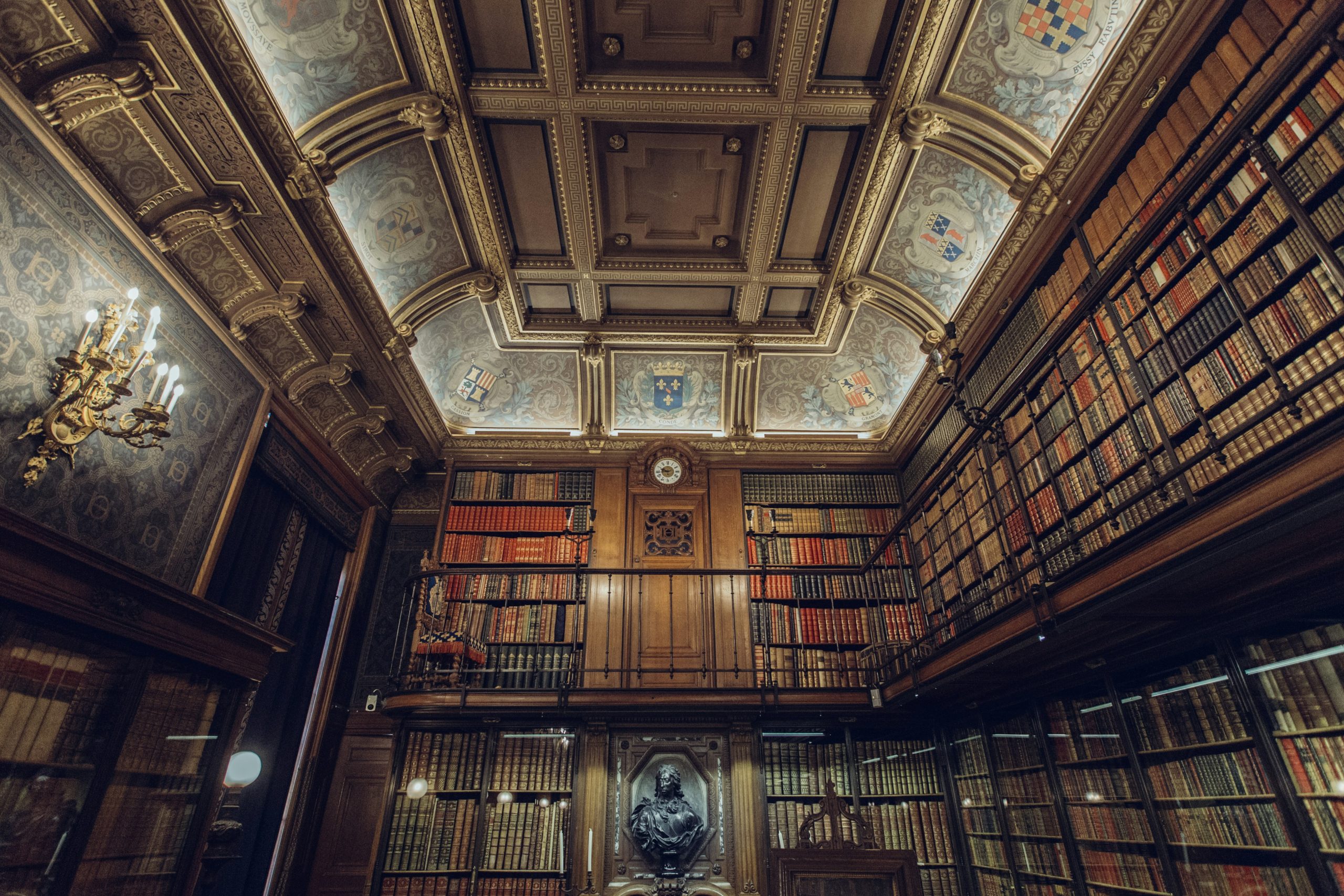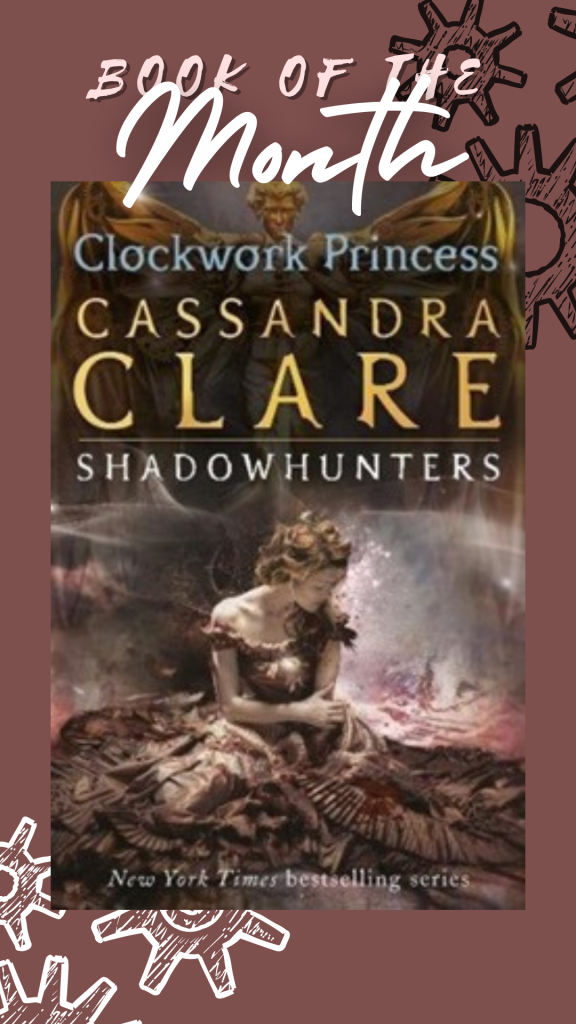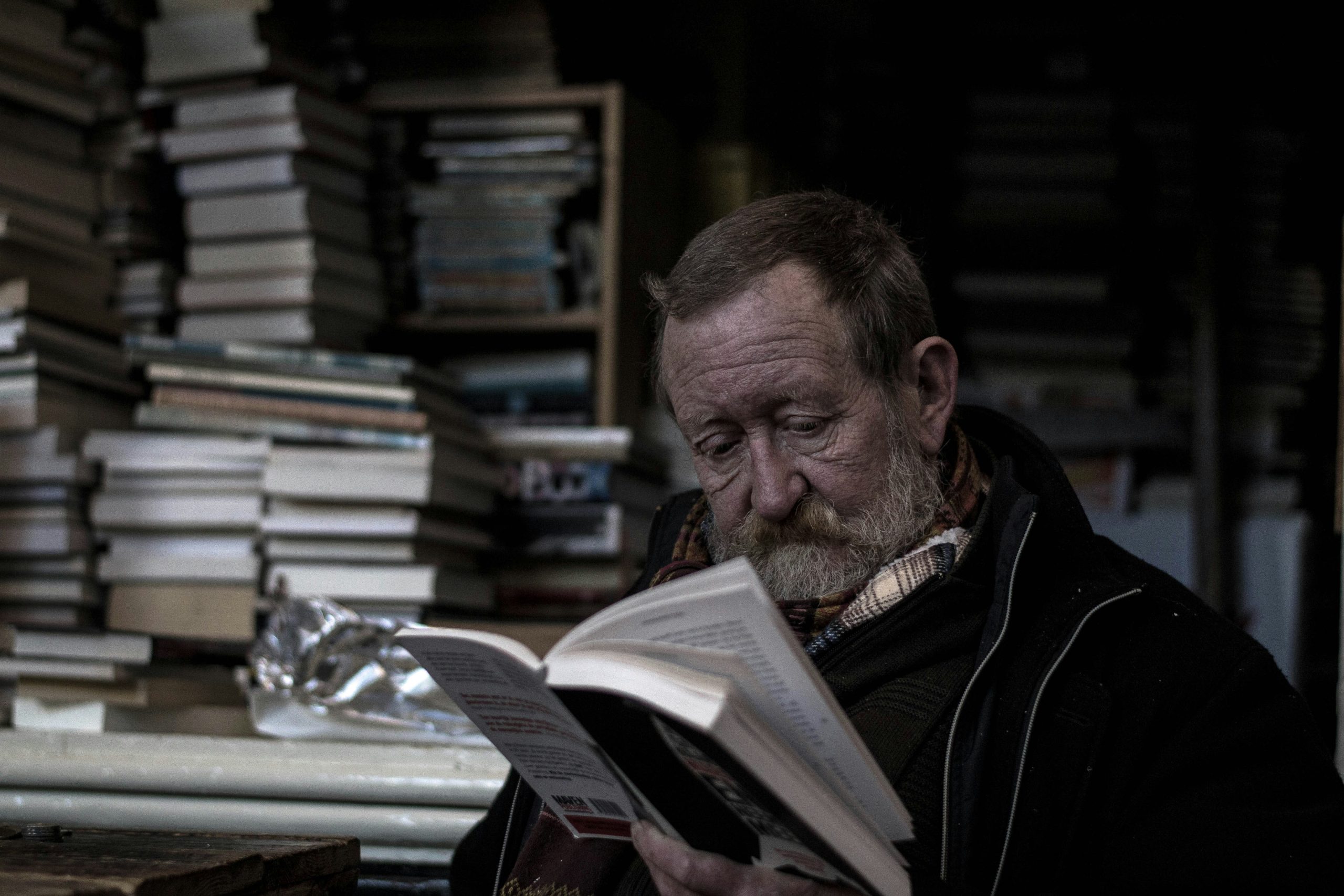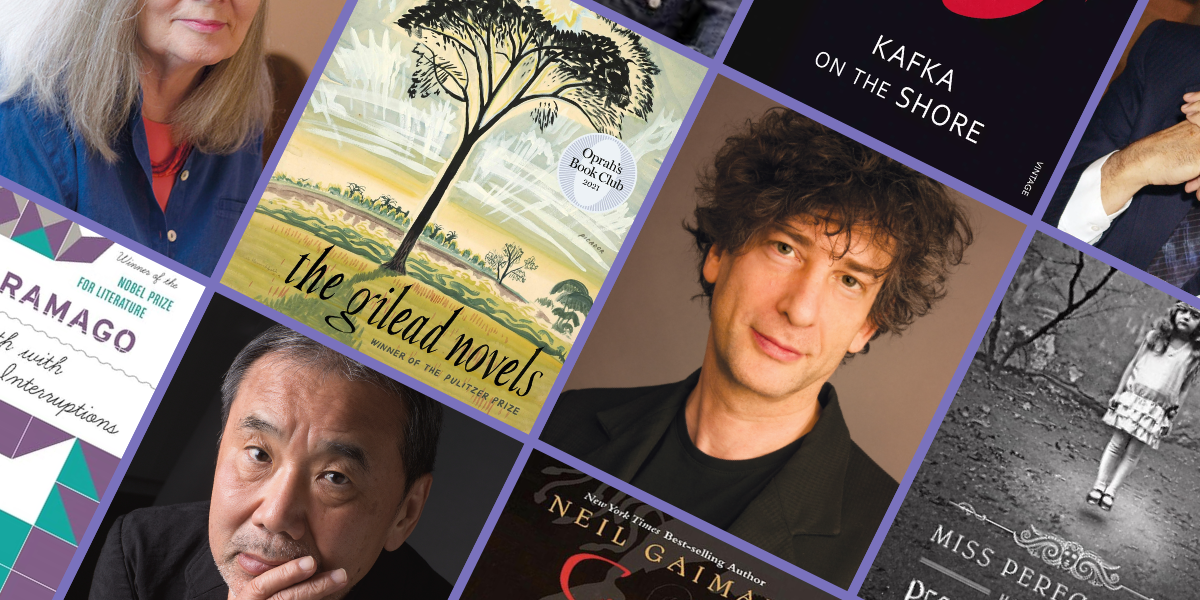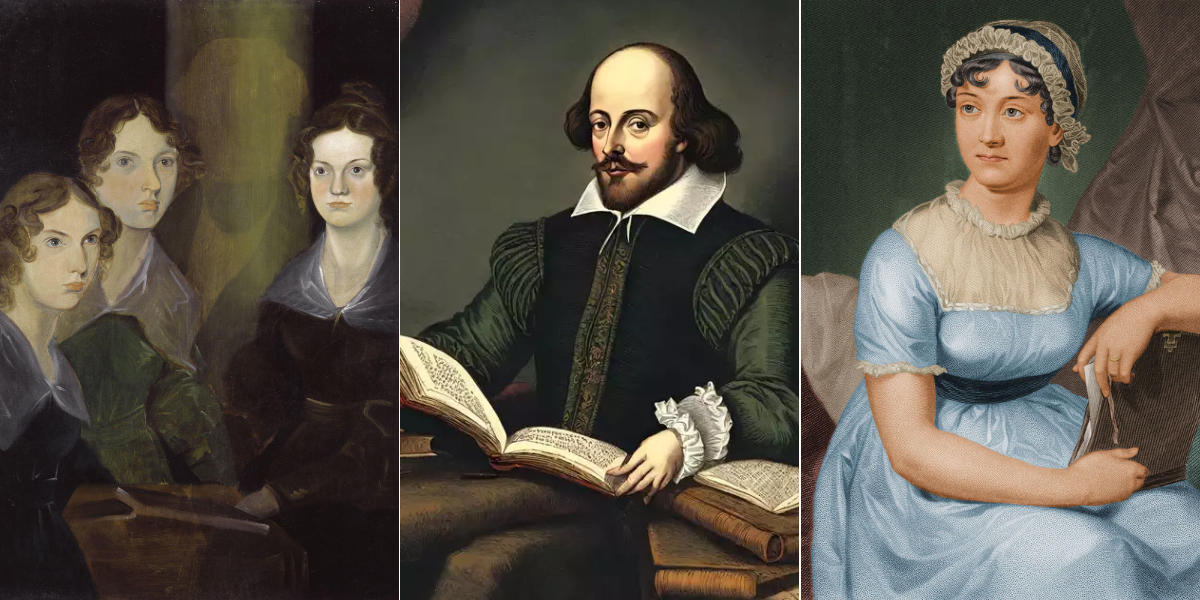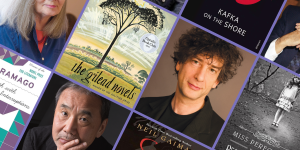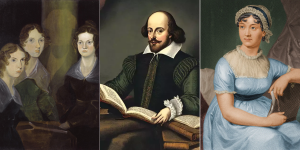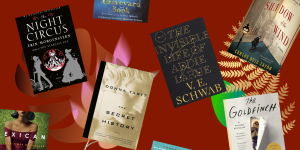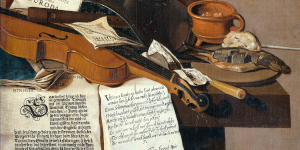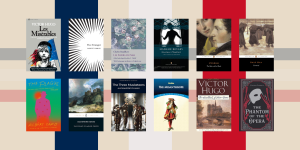French literature has left a lasting impact on the world of modern fiction.
From the philosophical musings of existentialism to groundbreaking narrative styles, French authors have shaped the way stories are told today.
In this article, we’ll dive into how French literary giants like Victor Hugo, Marcel Proust, and Simone de Beauvoir paved the way for modern storytelling, leaving their mark on contemporary fiction.
Whether you’re a book lover or just curious about the connection between the two, exploring this influence offers a fascinating look into the evolution of literature.
The Influence French Literature had on Modern Fiction
Now, let’s dive into how French literature has influenced and changed modern literature to what we know now.
1. The Historical Roots of French Literature
The Renaissance Era and Enlightenment Influence
French literature’s influence can be traced back to the Renaissance and Enlightenment periods. Thinkers like Michel de Montaigne and Voltaire were key figures during these times.
Montaigne’s Essays introduced the idea of self-reflection, while Voltaire’s sharp wit in works like Candide challenged traditional beliefs and encouraged people to think critically.
Their focus on rationalism, humanism, and philosophy laid the groundwork for modern fiction, where deep ideas about human nature and society continue to thrive.
The Romantic Movement
Fast forward to the Romantic era, and French literature took a more emotional turn. Writers like Victor Hugo and Alexandre Dumas shifted the focus to individuality, passion, and freedom.
Hugo’s Les Misérables isn’t just a historical novel—it’s a deep exploration of justice, love, and human struggle.
Dumas, known for The Three Musketeers, brought adventure and personal heroism into storytelling.
This movement emphasized emotional depth and individuality, shaping modern narratives where characters are often driven by personal growth and moral dilemmas.
READ MORE: Rediscover the Classics: 12 Timeless Reads Worth Revisiting
2. Key Themes Introduced by French Writers
Existentialism and the Human Condition
French writers like Jean-Paul Sartre and Simone de Beauvoir are known for diving deep into existentialism, a philosophy that explores life’s meaning (or lack thereof).
Sartre’s works, such as Nausea, and de Beauvoir’s The Second Sex ask big questions: What does it mean to exist? What is freedom? Their stories often focus on characters grappling with choice, freedom, and personal responsibility.
These existentialist themes are still alive in modern fiction, influencing books that deal with inner struggles, identity, and the search for purpose.
The Exploration of Memory and Time
In his novel In Search of Lost Time, Marcel Proust revolutionized how we think about time and memory.
Instead of telling a story straightforwardly, Proust used introspection and non-linear storytelling, allowing readers to explore how memory shapes our understanding of life.
This technique of blending past and present is seen in many contemporary novels, where authors play with time and use flashbacks, stream of consciousness, and personal reflection to deepen their narratives.
Memory and its impact on the self have become central themes in modern fiction.
READ MORE: The Literary Bucket List: 10 Must-Read Books Before You Die
3. Literary Techniques Pioneered by French Authors
Stream of Consciousness
As stated before, Marcel Proust was one of the first writers to use the stream of consciousness, a style that lets readers dive into a character’s mind and follow their thoughts, no matter how random or scattered they may seem.
In In Search of Lost Time, Proust blended memories, sensations, and reflections into a continuous flow, offering a unique way to experience a character’s internal world.
This introspective style went on to inspire modern authors like Virginia Woolf and James Joyce, who also used stream of consciousness to explore the complexities of human thought and emotion in their writing.
Realism and Naturalism
Émile Zola was a key figure in the rise of Realism and Naturalism, two movements that focused on portraying life as it truly is—gritty, raw, and often harsh.
Zola’s novels, such as Germinal, depict the struggles of ordinary people, shining a light on social issues like poverty, inequality, and injustice.
This honest, sometimes brutal approach to storytelling greatly influenced contemporary fiction, where everyday life and real-world problems are explored in depth.
Zola’s impact can still be seen in modern novels that focus on social commentary and human experience.
READ MORE: 9 Authors Who Have Had the Most Influence on Modern Literature
4. The Global Reach of French Literary Philosophy
French Literary Movements in Modern Context
French literary movements like Surrealism and Absurdism have had a wide-reaching impact on storytelling around the world.
Surrealism, with its dreamlike, bizarre imagery, emerged in the early 20th century and influenced avant-garde storytelling by pushing the boundaries of reality.
Absurdism, championed by writers like Albert Camus, focuses on the meaninglessness of life and the human struggle to find purpose.
These movements continue to inspire contemporary global fiction, especially in works that challenge conventional narratives and explore abstract or philosophical themes.
French Writers’ Influence on American and British Authors
French writers have significantly shaped the works of many key modern American and British authors.
For example, Ernest Hemingway admired French literary style for its simplicity and directness, which influenced his own sparse, powerful prose.
Virginia Woolf, known for her stream-of-consciousness technique, was inspired by French authors like Marcel Proust.
George Orwell drew upon French literature’s focus on social critique and individual struggle, weaving these themes into his political works like 1984.
The cross-pollination of ideas between French and English-language literature has enriched both traditions, leaving a lasting legacy on the global literary landscape.
READ MORE: 12 Best Classic French Books Of All Time: Exploring France Literature
Conclusion
French literature has profoundly shaped modern fiction, from the philosophical explorations of existentialism to innovative narrative techniques like stream of consciousness.
Authors like Sartre, Proust, and Zola introduced themes of human existence, memory, and realism that continue to resonate in contemporary storytelling.
These literary contributions have not only influenced individual writers but have also woven themselves into the global fabric of literature, showing how interconnected and mutually inspiring different literary traditions are.
The enduring relevance of French themes—like the search for meaning, the complexity of memory, and the depiction of everyday life—proves that the ideas pioneered by French authors remain as important in today’s fiction as they were in centuries past.
In a world where literature transcends borders, French writers’ impact on modern fiction reminds us of the rich, shared history that continues to shape how stories are told across the globe.

